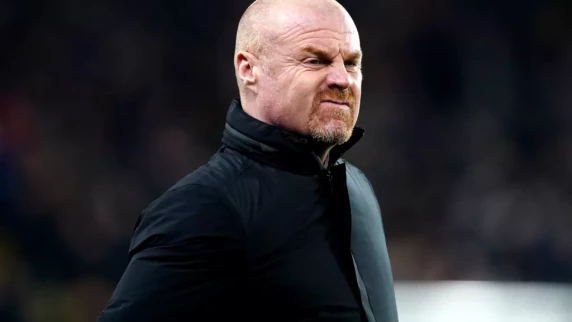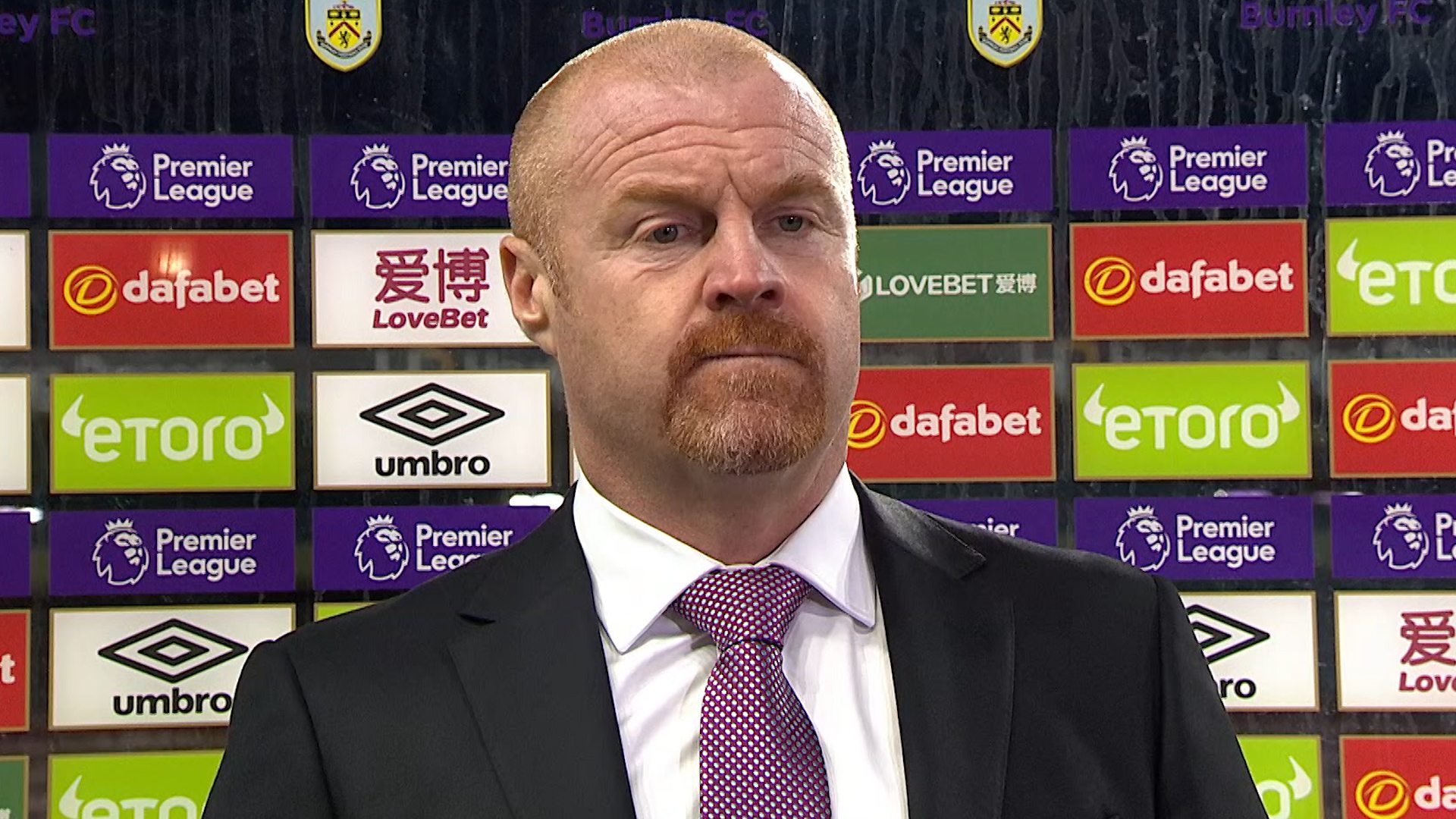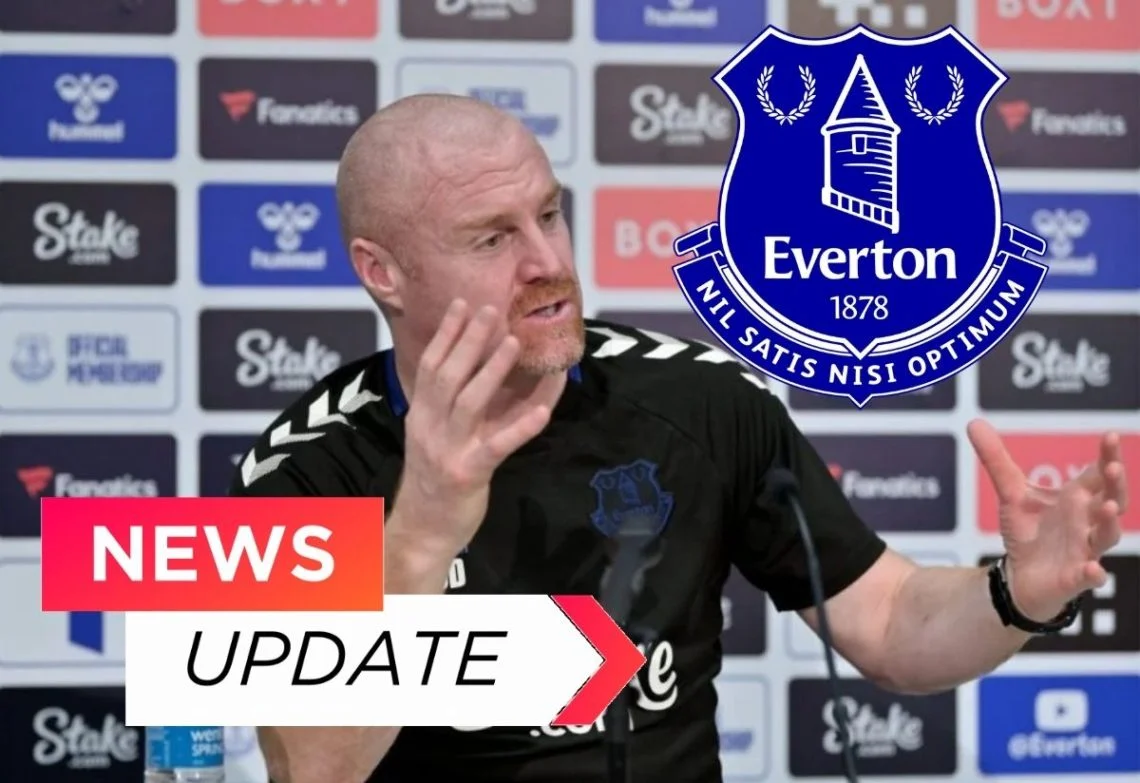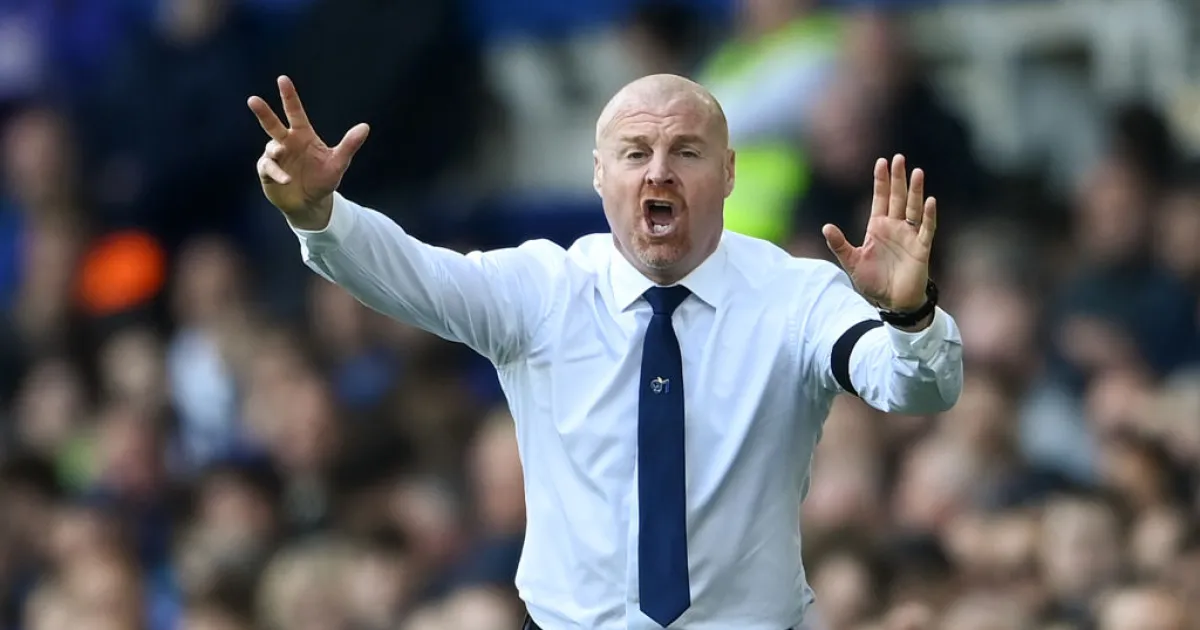Joe Thomas, the Everton FC correspondent, examines Kevin Thelwell’s influence, responsibilities, and goals as he approaches his second year as the Blues’ director of football.
It would be an understatement to say that a lot has transpired in the two years since Kevin Thelwell joined Everton.

He was appointed prior to the team going through two traumatic relegation battles, by a board that no longer exists, and above a manager who is no longer employed.
When trying to evaluate his 24 months in command, the fact that he has presided over two survival bouts and might be in the middle of a third could make for an unsettling first impression.
However, context is important as always. Since taking over as director of football in late February 2022, Thelwell has been entrusted with leading a team through confusion. For someone entrusted with the task of reconstructing a venerable institution amidst unrest, nothing has come easily.
Two years ago, Everton was a different team. As Thelwell acclimated to life at Finch Farm, he told the club’s media that he could smell the “positivity” in the air. It was hoped that then-manager Frank Lampard would instill confidence in a team that had been left in disarray following the last stages of Rafa Benitez’s brief tenure.
He declared at the time, “I’m so happy to be joining Everton and to have the opportunity to play a part in the club’s ambitious path,” and he “could not wait” to assist the team in moving forward.
Even though there was going to be painful upheaval, the club’s initial narrative focused on the board-led strategic review that was started following Thelwell’s predecessor Marcel Brands’ departure and the new direction its two most prominent appointments, Lampard and Thelwell, would take the team. Positive threads permeated the club’s story even after that initial relegation battle. The fans had accompanied Lampard, and he benefited from their support when his club defeated Chelsea, Leicester City, and, of course, Crystal Palace.
If the chaos seemed to have generated opportunity, the environment at Everton a year later could not have been more dissimilar following a demanding campaign that culminated in yet another demanding survival battle that continued into the final week of the season.
After a span of eight months, the “noise” surrounding the Blues has only grown more intense. Following two accusations of breaking league spending regulations, there was a 10-point deduction that was later lowered to six points on appeal. There is also uncertainty due to the possibility of future reductions and a blocked takeover.
In light of this, Thelwell’s goal of “moving Everton ahead” has taken numerous hits. For many, success would be defined as just staying afloat during those turbulent times. And Thelwell has gone above and beyond. There are significant obstacles ahead, and time will tell how well the framework he is trying to build holds up. Not only is he one of the few people who have survived the insanity that has consumed his reign, but he has also been there at all times, both in front of the Everton Fan Advisory Board and in the directors box. And from the work he has started, there are glimpses of improvement.
The fact that Thelwell made his greatest call correctly may be the best place to start when evaluating his performance thus far. The Lampard era came to an end just over a year ago, with the team struggling both on and off the field and spiraling towards relegation.
Halfway through a January transfer window, the club found itself back in the same predicament as when Benitez left in early 2022, managerless and the senior group utterly lacking in confidence and form.
Differing views on Lampard’s replacement typified a hiring process that nearly resulted in Marcelo Bielsa. However, it resulted in Sean Dyche, and few could now argue against the reasoning behind that decision.
Not only did Dyche guide the team to safety, but he also addressed the appalling away form, restored confidence to a frail dressing room, and guided Everton to a mid-table performance after two thirds of this year, even though he saw his team weakened in the summer. This would have been an unquestionably strong season of improvement if there had been no point deduction.
This achievement is all the more remarkable given that Dyche took over a squad devoid of Anthony Gordon just days before he arrived and that he lost both his most reliable player and his most promising academy product on the last day of the transfer window, only to add another first-team option in Demarai Gray a few days later. Dyche was the wise choice.
His accomplishments shed light on the environment in which Thelwell has had to work. And Dyche, who has experienced the same reality, is well aware of this. “I think he is open-minded; I think he is reality-bound in the facts of the time,” the manager stated this week at Thelwell.
We are both, I believe, competent at that, taking into account the reality of the club’s current situation and working to strike the best agreements for the organization while attempting to strike a financial balance and collaborating with me to maintain a competitive edge while reducing the financial burden on the club.
He is more than contributing to our efforts to deal with the really difficult circumstances we are trying to go through. This place is crowded with hardworking individuals. Without a doubt, he belongs to them.
Since joining the New York Red Bulls, he has been more of a crisis manager than a director of football, having to adjust to new management philosophies, cut costs on salaries, and keep a competitive team when forced to sell the club’s trophies to the highest bidder.
Star player Richarlison was sold to Tottenham Hotspur in Thelwell’s first significant transfer, an attempt at a last-ditch effort to meet Premier League spending regulations that ultimately failed. James Tarkowski was the first man through the door on a free, which is a suitable representation of his two years in leadership.
Tighter budgets resulted in more astute hiring decisions as well as an effort to assemble a resilient and capable staff on a constrained budget. Since his arrival, Tarkowski has been a key member of the team and is currently Dyche’s leader on the field.
There are still concerns within the fan base regarding some of the transfer transactions that Thelwell has managed. Successes like Dwight McNeil and James Garner contrast with Neal Maupay’s difficulty making an impression on Merseyside, especially when a striker is needed to compete and assist Dominic Calvert-Lewin during persistent injury issues.
Although he hasn’t scored since December, the expectation is that Beto can fill that position. At the very least, his presence has allowed Calvert-Lewin to regain consistent fitness.
Supporters also point to the January 2023 transfer window as a concerning time under Thelwell, as Everton was clearly in need of reinforcements yet concluded the month with Gordon sold. However, the broader context in which he was working evidently caused challenges, and the club’s financial records from that January and the previous summer are currently being examined by the second Premier League probe.
It seems evident that Thelwell has conducted himself sensibly and cautiously in all of his interactions. Targets have been chosen based on how they will improve the squad. When it is feasible, players who have the potential to advance within the organization and increase in value have been signed, such as Onana and, more recently, Youssef Chermiti.
Thelwell has emphasized sustainable trade as a key component of the strategy, which was guided by a recruitment staff that had found a number of outstanding players the club should pursue.
Under better circumstances, Mohammed Kudus, who was about to join on loan with a meager option to make the deal permanent in the summer under Lampard, might well be a member of Everton’s squad presently.
The 23-year-old was removed off the market when his Ajax teammate Antony was purchased by Manchester United in a big deal that caused the Dutch team to become reluctant to part with another attacker so late in the window. This move came after the team had experienced a disastrous start to the season.
He made the most of his newfound opportunity to succeed in the Champions League, scoring once against Anfield before securing a move to West Ham United for a contract that was close to £40 million.
Such lost chances are annoying for a team that feels competitive despite working within tight constraints. For example, the Blues were able to sign Arnaut Danjuma and Jack Harrison on loan this summer because they thought they were among the best attacking options available, and they managed to come to an agreement despite fierce competition from rivals.
Thelwell is in charge of several structural improvements, the recruitment team under Dan Purdy’s direction being one example. He and the club believe these changes will lay a strong basis for success in the long run.
Amidst extensive changes at Finch Farm, Thelwell has oversaw the hiring of scores of new employees, choosing ambitious and dedicated individuals who he feels can contribute to the development of an identity, culture, and spirit that permeates the football operation.
Examples of this include the hiring of Purdy as head of recruitment and Gareth Prosser as director of the academy. The four “strategic pillars” that Thelwell has identified to support his approach are staff development, how we play, who we are, and how we assist.
He is currently going through a 120-point checklist of modifications that were created during his first few months in Halewood.
His goal is to create a team where experts are assigned to different positions and provided with the tools they need to maximize their knowledge. Thelwell himself frequently uses the word “rainmaker,” yet he would much rather behave more like an orchestra conductor, guiding those around him as opposed to occupying the top position in a hierarchical organization.
The academy is one important domain to which Thelwell aspires. His long-term goals are to establish a uniform playing style throughout the Finch Farm setup and to provide young players with an easy route to the starting squad.
Thus far, this has yielded varying degrees of success. In the last 12 months, the club has lost a lot of quality and had few opportunities. Isaac Price, a central midfielder, declined a new contract in order to play first-team football on the continent.
Tom Cannon, an attacker, excelled while on loan at Preston North End before being acquired by Leicester City in the latter part of the summer. Ish-Samuels Smith, an England youth international and one of the academy’s most promising starlets, moved to Chelsea.
These decisions were influenced in part by the fact that Everton has been in survival mode for the past two years, which has put managers under pressure to play young players in the starting lineup.
This background restricted prospects for athletes with aspirations like Price and others who might have advanced, like Cannon. Thelwell’s initiative also included making sure the Blues maximized the money they gained from starlets whose paths could have been obstructed.
In a period of financial strain, players like Cannon, Samuels-Smith, and Ellis Simms have brought in significant sums of money for the team. As a result, the senior academy teams—including the Under-21 team, which is captained by Paul Tait, another highly regarded Thelwell appointee—have been decimated.
However, it does mean that some of the younger players have had the opportunity to play against more experienced opponents, and in the process, players like Harrison Armstrong, Sean McAllister, and Francis Okoronkwo have all stepped up.
Lewis Dobbin advanced farther and scored his first senior goal in the home victory over Chelsea, while Jenson Metcalfe and Mackenzie Hunt, who have not yet played, have been exposed to Premier League matchday squads on multiple occasions.
It is also impossible to evaluate juvenile growth under Thelwell without acknowledging the extraordinary ascent of Jarrad Branthwaite. Gareth Southgate, the manager of England, Real Madrid, and Manchester United have all taken notice of him after his breakout season in the Premier League. Thelwell may not have had a direct impact on his development at first, but he was the one who attempted to give him more first-team football experience by renegotiating the conditions of his loan agreement with PSV Eindhoven the previous season.
When his opportunity arose, he thrived in the Netherlands, and as a result, Thelwell and a few others decided to free up space in the starting lineup for him by refusing to renew contracts with Yerry Mina and Conor Coady last summer.
Much of the work at Finch Farm, from fitness to recruitment, is based on data, and Thelwell has been a leading proponent of this approach. Statistics have been a solace at times. During the challenging start to the season, when underlying performances outperformed the outcomes on the field, he and Dyche both took solace in metrics like xG. Ultimately, their predictions came true as the Blues resumed their winning ways in the late fall and early winter. For Dyche, having someone like Thelwell by his side who is willing to take a step back and see things from a different angle is a huge assistance amid the madness that is enveloping them both at Everton.
Prior to the Blues’ match against West Ham United, the manager of football commented on his director of football, saying of their work: “It comes down to effective communication.”
Although it helps if you get along and if you have some rapport, my best work is done when there is clear communication that is in line with reality and the truth. I believe that we have an open and sincere relationship since we communicate honestly, get along well, and tell each other the truth.
We agree that “let’s not work in the realm of myths,” but there seems to have been some of that in the past, so it appears that this requires a reality check, which we are both aware of.
There is still reality, and we are getting very close to it, even though you sometimes take a little heat from it and other times you don’t, or you get the nice stuff and other times the awful stuff. We are generally happy with the job that has been completed.
The instability that has hampered Thelwell’s efforts and the fact that the majority of his approach will take years, not months, to pay off make it impossible to evaluate his achievements.
His best chance to make noticeable progress, given how long he’s had to operate in an uncertain environment, may yet be this summer.
The club’s primary goal for this season has been to ensure his safety early enough to give him a head start on the summer transfer market, when he may have the most latitude to make changes to the Frankenstein first team he took over two years ago and numerous large contracts could expire.
His work can only be evaluated within the parameters he has been made to work within until then. There are hints that he is laying the groundwork for more advancement, despite the disorganized headlines and uncontrollable circumstances that are preventing him from moving forward.
What Dyche and the club can accomplish for him in the upcoming months, rather than what he can accomplish for them, may determine if he can capitalize on them.







